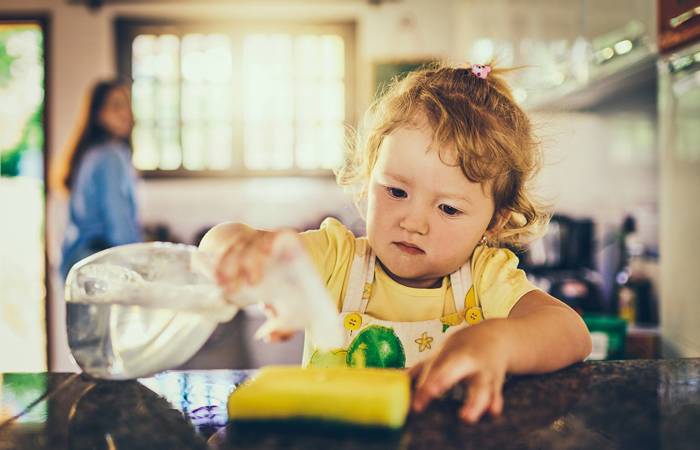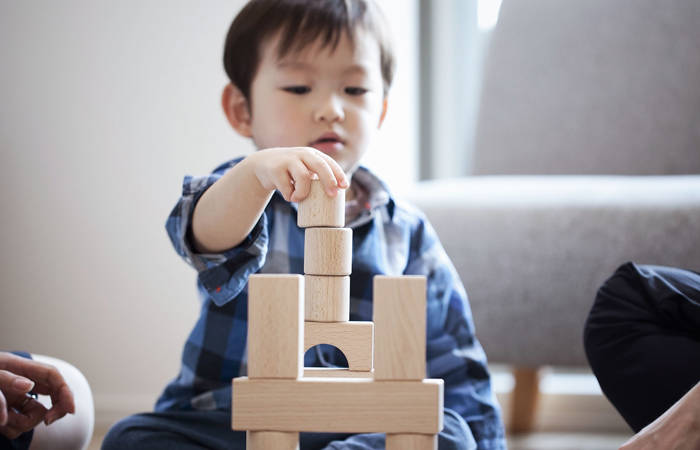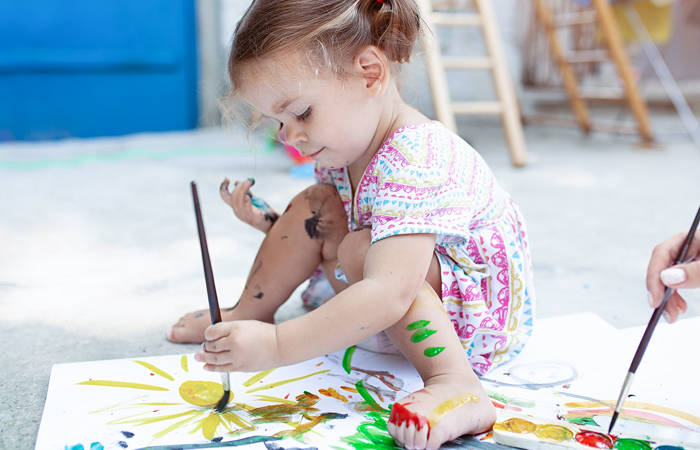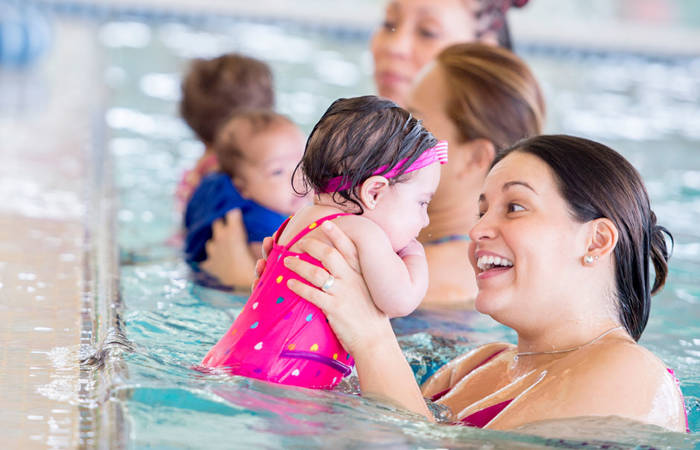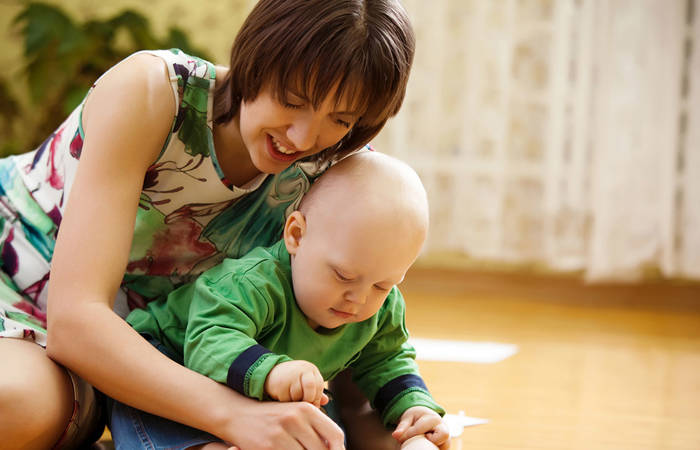Like what you see?
Sign up to receive more free parenting advice.
Thank you for subscribing to our newsletter!
Health & emotions

skynesher
There’s a perception in our society that perfectionism is a good thing, akin to ‘being perfect’. Yet the reality is quite different. Perfectionism tends to lead people to place unreasonably and often unrealistically high expectations on themselves, which, when inevitably unmet, leads to frustration and self-blame.
The habitual ‘all-or-nothing’ thinking experienced by perfectionists results in the unhelpful belief that if they don’t achieve 100%, they’ve as good as failed (and as you can guess by the name, perfectionists are terrified of failure).
To reduce this risk, perfectionists will often stick with activities that come easily to them, missing out on new experiences. Even then, their focus on any mistakes rather than on their successes tends to affect their self-esteem, fuelling a vicious cycle that can lead to stress, depression and anxiety down the track if left unchecked.
Of course, this can be very unsettling to witness in our young children and hard for parents to know how best to help.
Perhaps you have a young child who refuses to draw a picture because his drawings don’t look exactly like those of an adult artist. Or a child who is so hard on herself about her lack of cartwheeling prowess, that she’s started spending hours in her room practising, while avoiding her cartwheel-crazy neighbours.
Of course the earlier we can help our children change unhealthy habits, the better. So let’s look at a few tips for how we might address this in our young children.
Top tips for tackling perfectionism
Be mindful about how you use praise
There are two ways in which we tend to praise our children. ‘Content praise’ either draws attention to the end product, for example, “What a fantastic painting!” or “That’s the highest block tower in the room!”; or to a fixed quality in your child, such as “You’re so smart” or “What an amazing dancer you are!”. In contrast, ‘process praise’ focuses on how your child got there. When we use process praise, we draw attention to their good ideas, problem solving approaches, effort, persistence, concentration and enthusiasm.
While it’s helpful for all children to experience more process praise than content praise, this is particularly true for children with perfectionistic traits. This allows us to draw the focus away from how impressive the end result might (or should) be and instead highlight the importance of having a go, trying their best and learning along the way.
For example, rather than saying, ‘What a fantastic painting! You’re an amazing artist – what were you worried about?’, it might be more helpful to say something like, ‘It’s great to see you having a go at painting. I love watching you try new things’; or, 'I love seeing the ideas you come up with when you paint’.
Of course, most of the time we needn’t praise children at all. Simply commenting, ‘Painting is fun isn’t it?’ is often enough to provide our young children with that all important sense of connection that they’re looking for.
It’s not about whether you win or lose…
We’ve all heard the saying, “It’s not about whether you win or lose, but how you play the game”, but is this really the message your children are learning from you? The truth is, many of us lose sight of this motto as parents. We want our children to have fun and…well…winning is more fun, right?
The problem is, when we focus on winning, we again highlight to our children that it’s the end result that matters - not the process. And since our children are learning to see the world through our eyes, they learn to focus their attention on the aspects that we highlight as important.
So what’s more important than the end result? Enjoying the game, trying hard, not giving up and being a good sport (even when you’re losing). In fact, in my family, we even talk about getting some great ‘losing practise’ under our belt! After all, anyone can win well, but not everyone can lose well.
There’s no need for our children to experience the kind of pressure we can inadvertently place them under. Simply let your kids know that you love watching them play and they’ll be more likely to enjoy the game.
Model making mistakes
At my children’s school, they’re taught to embrace ‘flearning’ - learning through failure. I’ll admit, my children witness me ‘flearning’ all the time (like, seriously…ALL THE TIME), but perhaps in the eyes of your child, you’re seen as perfect. It’s actually helpful for your little ones to see that you make mistakes too, and importantly to learn through your modelling how mistakes can be managed.
Look for (or create!) opportunities to do this. When you’re supposed to be bringing some cups over to the dining table, you could bring extra plates over instead and say, “Oops, my mistake. Not to worry. I’ll just go back and swap these over.” Or, perhaps you could colour in a picture alongside your toddler and deliberately keep from drawing inside the lines, commenting to your little one as you go, ‘I love colouring in with you’. By doing so, you model for your child that mistakes are okay, that they needn’t hamper your enjoyment of an activity and importantly, that the end result isn’t all that matters.
Consider how you react when your child behaves in an ‘imperfect’ way
Do you respond calmly when your young child accidentally spills orange juice all over the kitchen bench or do you tend to overreact? It’s important when we’re teaching our little ones that they needn’t be perfect, that our responses back this up. In our family, we have a rule that, ‘We don’t get cranky about accidents’.
Accidents happen. Poor choices happen. ‘Flearning happens’. And all the while, we are perfectly placed to model patience and acceptance.
By accepting our children as they are – wonderful young ‘flearners’ – we teach them to do the same. And honestly, that’s so much better than perfect.


